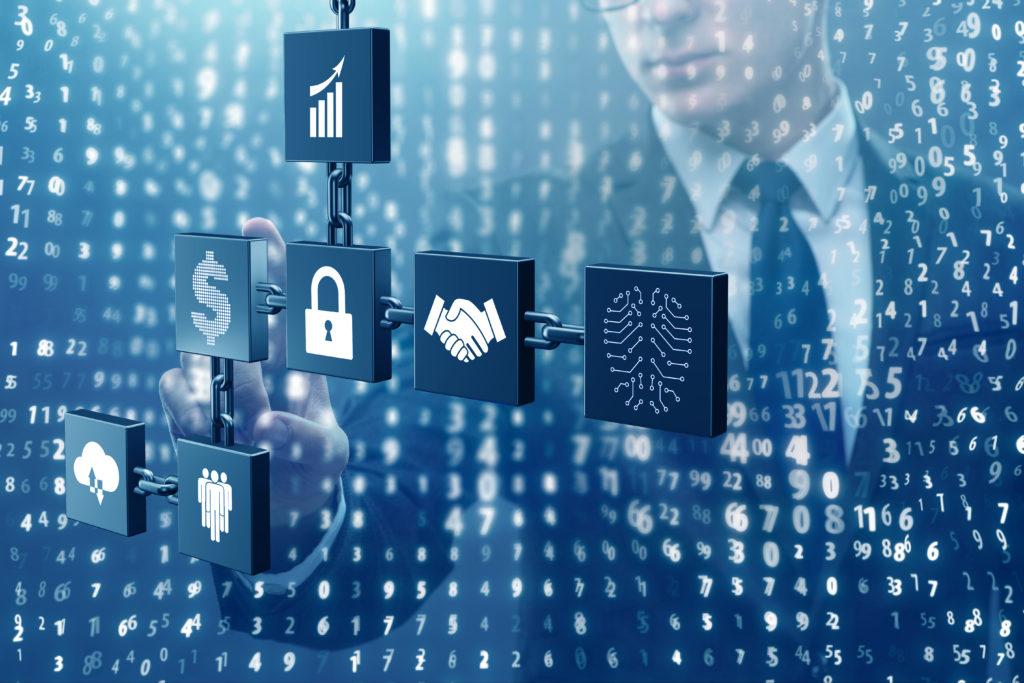Urgent Update: Advancements in Blockchain Security and Fraud Prevention

In a rapidly evolving digital landscape, the security of blockchain technology has become a paramount concern for businesses and consumers alike. As incidents of cyber fraud and data breaches continue to rise, the need for robust protective measures is more urgent than ever. Recent advancements in blockchain security protocols and strategies promise to significantly enhance the integrity and reliability of decentralized networks. This article delves into the latest innovations aimed at fortifying blockchain systems against malicious activities and ensuring the safety of digital transactions. With industry experts weighing in on these developments, we will explore how emerging technologies are setting new standards for fraud prevention in the blockchain sphere.
Table of Contents
- Emerging Technologies Enhancing Blockchain Security Best Practices for Businesses to Mitigate Fraud Risks Innovations in Smart Contracts and Their Role in Security Strengthening Regulatory Frameworks for Safer Blockchain Transactions
- To Wrap It Up
Emerging Technologies Enhancing Blockchain Security Best Practices for Businesses to Mitigate Fraud Risks Innovations in Smart Contracts and Their Role in Security Strengthening Regulatory Frameworks for Safer Blockchain Transactions
The landscape of blockchain security is rapidly evolving, driven by innovative technologies that not only enhance protection against fraud but also streamline the integrity of transactions. Among the most promising advancements are machine learning algorithms and artificial intelligence that analyze transaction patterns and detect anomalies in real-time. By incorporating these technologies, businesses can significantly reduce their vulnerability to fraudulent activities. Key initiatives include:
- Automated Threat Detection: Leveraging AI for constant monitoring of blockchain networks.
- Enhanced Encryption Techniques: Utilizing quantum-resistant cryptography to safeguard data.
- Identity Verification Solutions: Implementing biometric authentication systems to establish user legitimacy.
As smart contracts gain prominence, their role in fortifying security measures cannot be understated. These self-executing contracts provide transparency and eliminate intermediaries, reducing the risk of fraudulent manipulation. Furthermore, ongoing efforts to strengthen regulatory frameworks are essential for fostering safer blockchain transactions. Governments and organizations are now collaborating to create standards aligning with industry best practices, including:
| Regulatory Focus | Description |
|---|---|
| Compliance Standards | Establishment of clear guidelines for blockchain applications. |
| Consumer Protection | Implementing rights and protections for users interacting with blockchain. |
| Cross-Border Regulations | Creating harmonized laws that apply to international blockchain transactions. |
To Wrap It Up
the rapid advancements in blockchain security and fraud prevention technologies are not just a response to burgeoning digital threats but a proactive step toward building a safer future for all users. As organizations and individuals alike become more reliant on blockchain for transactions, the need for robust security measures has never been more critical. These recent innovations signal a promising trend: a concerted effort to safeguard digital assets and enhance trust within the ecosystem. Stakeholders across industries must stay informed and engaged with these developments to harness the full potential of blockchain while mitigating the risks associated with it. As we move forward, collaboration between technologists, regulators, and users will be essential to create a resilient framework that prioritizes security and fosters a more trustworthy digital world.




